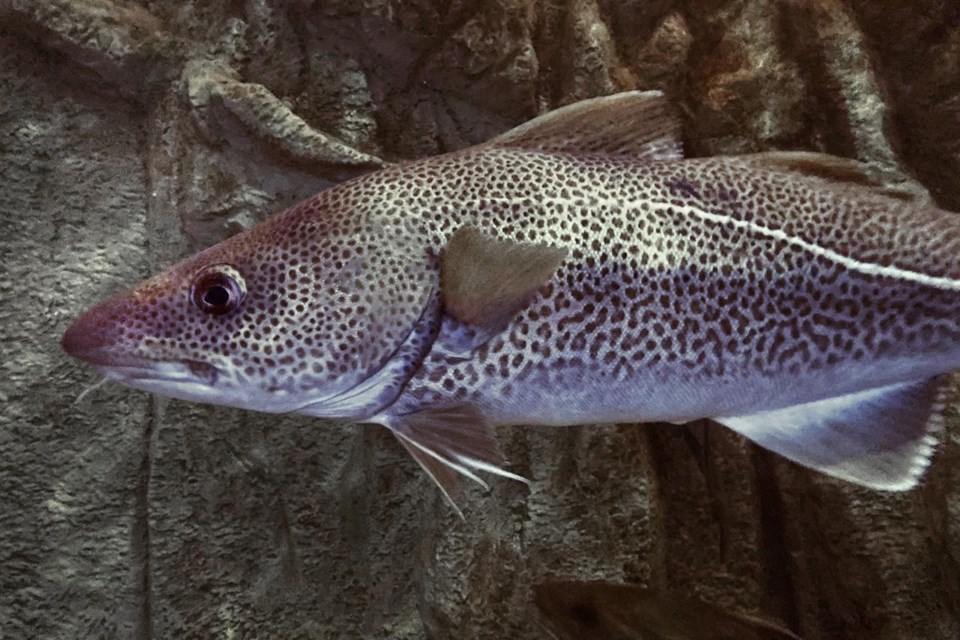PORTLAND, Maine (AP) — Federal ocean regulators say a new fishing plan has a chance to rebuild the New England cod stock, which is a goal even many commercial fishermen have long regarded as far fetched.
Atlantic cod were once a cornerstone of the New England economy, but the catch has , environmental changes and restrictive quotas. Most of the cod sold in the U.S. comes from overseas because many American fishermen avoid the fish-and-chips staple altogether.
But the regulatory New England Fishery Management Council has approved a new strategy that it said has a 70% chance of rebuilding the stock by 2033. The proposal, which is awaiting final approval from the National Oceanic and Atmospheric Administration, would use 10 years of low catch limits to try to rebuild the cod population in the Gulf of Maine.
The council said in a statement that the new plan will lower the fishing mortality rate for the fish over the next decade to “offer more protection for Gulf of Maine cod and give the stock a better chance of rebuilding.” But some fishermen are unconvinced cod are ever coming back.
Fishermen have grown used to choking quotas on cod catch and have moved on to other species, said Terry Alexander, a longtime fishermen from Harpswell, Maine, who targets haddock and monkfish these days.
“I would like to have my codfish back, for sure. We could make some money on them. But that's never going to happen," Alexander said. “Codfish is a dead issue with me because we're never going to get them back. If they were jumping out of the water at the dock, we wouldn't get them back.”
U.S. fishermen caught more than 100 million pounds of cod per year in the early 1980s, but that number fell to about 1.3 million in 2021 — the lowest haul in recorded history.
The vast majority of codfish that still comes to the docks in the U.S. does so in Massachusetts. Tens of thousands of pounds of the fish also come to land in Maine and New Hampshire. Foreign catch from countries such as Iceland and Norway dominates the U.S. market.
Environmentalists have pushed for regulators to take a new approach to save the cod stock because of the historic nature of the cod-fishing industry and the fish’s importance to ocean ecosystems. The council’s new plan has a higher chance of success than previous efforts, said Allison Lorenc, senior policy analyst with Conservation Law Foundation.
“This new plan will reduce fishing pressure to help cod recover while supporting fishing communities. Our hope is that this is the first of many decisions that will set cod on a path to a healthy population,” Lorenc said.
Patrick Whittle, The Associated Press




